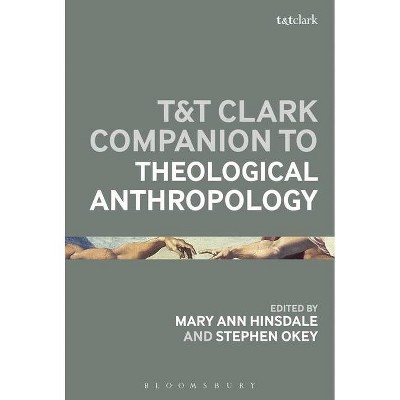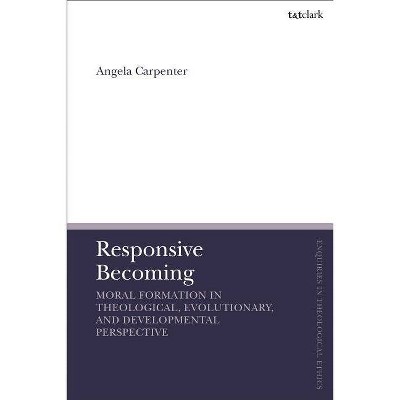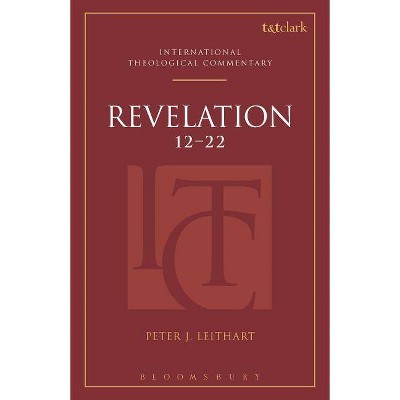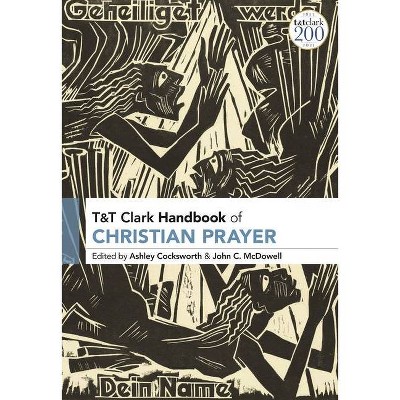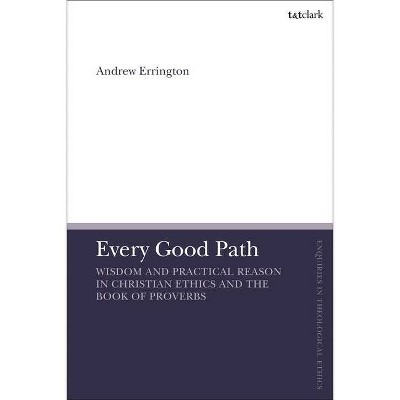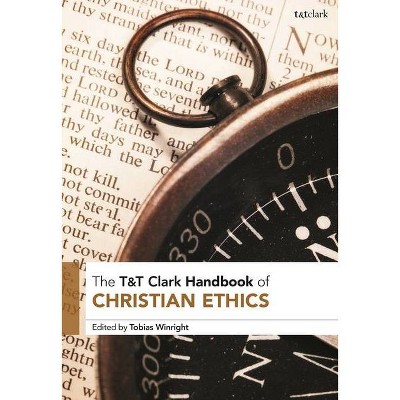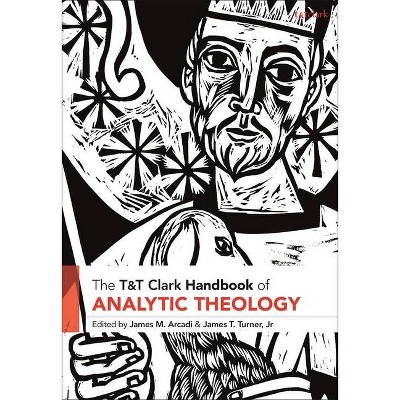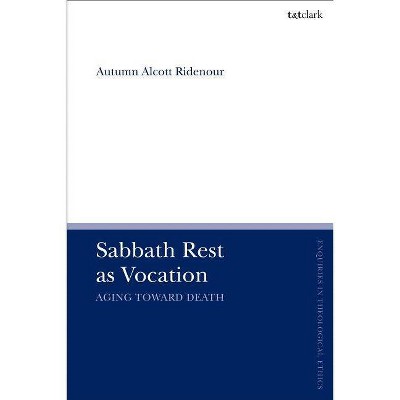T&T Clark Reader in Theological Anthropology - by Michael P Jensen & Marc Cortez (Hardcover)
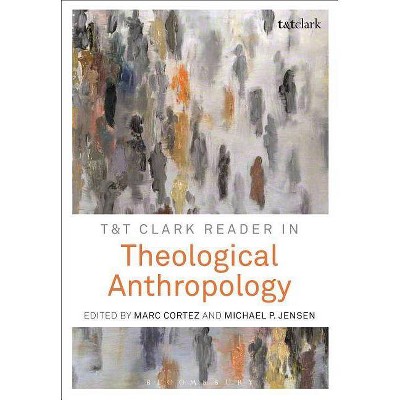
Similar Products
Products of same category from the store
AllProduct info
<p/><br></br><p><b> Book Synopsis </b></p></br></br>This reader guides students through this difficult topic, with seven chapters representing an in-depth treatment of a sub-topic within theological anthropology. Starting with an overview and specific methods for this subject, the overall discussion focuses on the exegetical-theological problem of the imago dei. The following chapters offer examination of topics such as: human ontology, freedom and limit, gender and sexuality, personhood and identity and worship and desire. <br/><br/>Throughout this reader, the editors include texts from the patristic, medieval, Reformation and modern eras, while also providing a blend of bible commentary, theological discourse and philosophy. The texts used for this study include thinkers such as Gregory of Nyssa, Kathryn Tanner, Karl Barth, Augustine, Martin Luther, John Paul II, Sarah Coakley and David Kelsey. Each chapter contains an introduction, research/discussion questions and suggestions for further reading.<p/><br></br><p><b> Review Quotes </b></p></br></br><br>The Psalmist asked, 'What are human beings that you are mindful of them?' This reader provides an excellent collection of judiciously chosen and introduced responses to this and related questions from a variety of patristic, medieval, Reformation, modern, and contemporary theologians. The editors have done well to sub-divided the Psalmist's question into seven areas, including imago Dei, freedom, sexuality, and personhood as well as a welcome concluding section on worship and desire. The editors have included both the usual suspects (e.g., Augustine, Calvin, Barth) and contemporary voices that engage what the sciences are saying about humanity, making this reader a fine choice for both survey courses and advanced seminars.<br/>Kevin J. Vanhoozer, Trinity Evangelical Divinity School, USA<br><br>This anthology is both creative and comprehensive, providing resources on classic themes in theological anthropology while also reimagining the field in fresh ways. The voices are both ancient and contemporary, offering an overview of a long conversation about the nature of the human. An excellent classroom resource.<br/>JAMES K.A. SMITH, CALVIN COLLEGE, USA<br><br>What does it mean to be fully human, living before God and neighbor even as we are connected to the rest of creation? Questions and possibilities raised in theological anthropology are always stimulating and unendingly relevant. Thankfully, in this new volume readers are invited into this rich conversation, hearing different voices representing ancient wisdom and contemporary concerns. All the key aspects of theological anthropology are touched upon here, providing the context for meaningful reflection and discussion that is sure to follow. I have been waiting for an updated primary source volume on anthropology that covered more than Patristic and medieval sources while still valuing those honored voices - I now finally have that volume in my hands! Students and Professors will be very thankful to Marc Cortez and Michael Jensen for this well-organized and ably presented gift.<br/>KELLY M. KAPIC, COVENANT COLLEGE, USA<br><p/><br></br><p><b> About the Author </b></p></br></br><p><b>Marc Cortez</b> is Professor of Theology at Wheaton College, Wheaton, USA. <p/><b>Michael P. Jensen</b> is the Rector of St Mark's Anglican Church, Darling Point, Sydney, and teaches theology at the Sydney College of Divinity</p>
Price History
Price Archive shows prices from various stores, lets you see history and find the cheapest. There is no actual sale on the website. For all support, inquiry and suggestion messages communication@pricearchive.us
